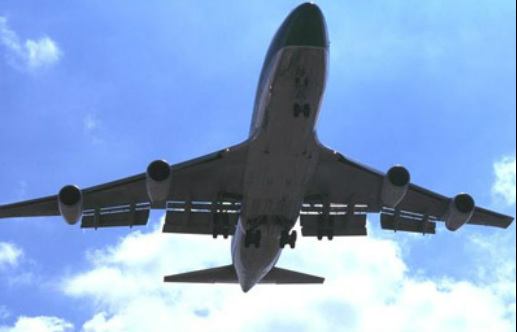Fitness to fly
|
Patients often ask if they are fit to go on holiday. Often this means taking a flight and so the question needs to be address by considering the hazards of airline transport and also about the availability of medical services if the patient becomes unwell whilst in their holiday destination.
At an altitude of 36,000 feet cabin air pressure is lower than that at sea level. Actually it is equivalent to being at 6,000 feet above sea level. The amount of oxygen in the air is lower and therefore less is taken up by the blood. Cabin air contains enough oxygen for healthy passengers but the blood oxygen level is reduced so people with heart and lung disease may not tolerate this so well and supplemental oxygen may be necessary.
|
The bottom line is that if you can walk 50 metres or climb 1 flight of stairs without symptoms of shortness of breath and you have a chronic stable cardiac condition then you should be able to travel safely on an aeroplane, if not you may need supplemental oxygen during the flight.
|
Acute Coronary Syndromes
Low risk: (<65 years, first event, successfully treated with stent, EF>45%, no complications, no planned investigations or interventions): 3 days after the event, Intermediate risk: (EF>40%, no heart failure symptoms, no inducible ischaemia or arrhythmia, no further investigation or intervention planned): 10 days High risk: (EF<40%, signs and symptoms of heart failure): Defer air travel. |
Heart Failure
Acute: This can be provoked by myocardial infarction, arrhythmia, infection or anaemia. Once the underlying causes is identified and treated most patient should be safe to fly after 6 weeks. Chronic: People with stable heart failure without a recent change in symptoms or medication are likely to tolerate the low air pressure in the cabin. They should take precautions such as avoiding physical exertion at the airport and ensure a correct supply of medication. Patients with NYHA class III or IV symptoms should not fly without special assistance and should request in-flight oxygen. |
